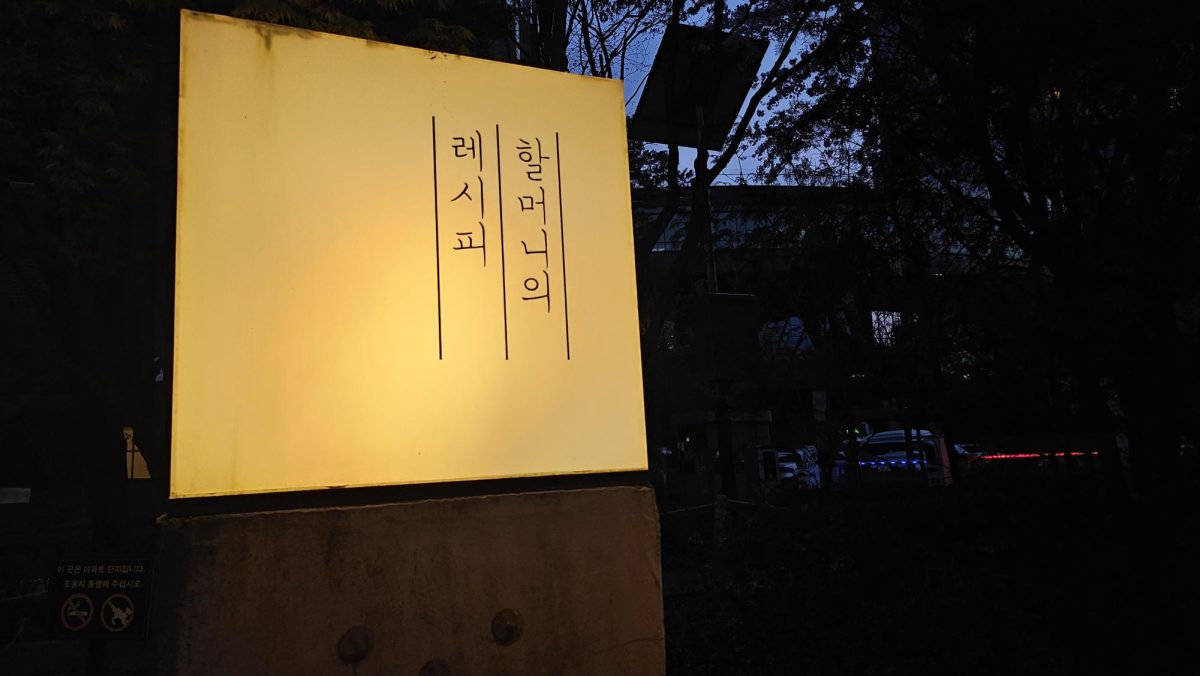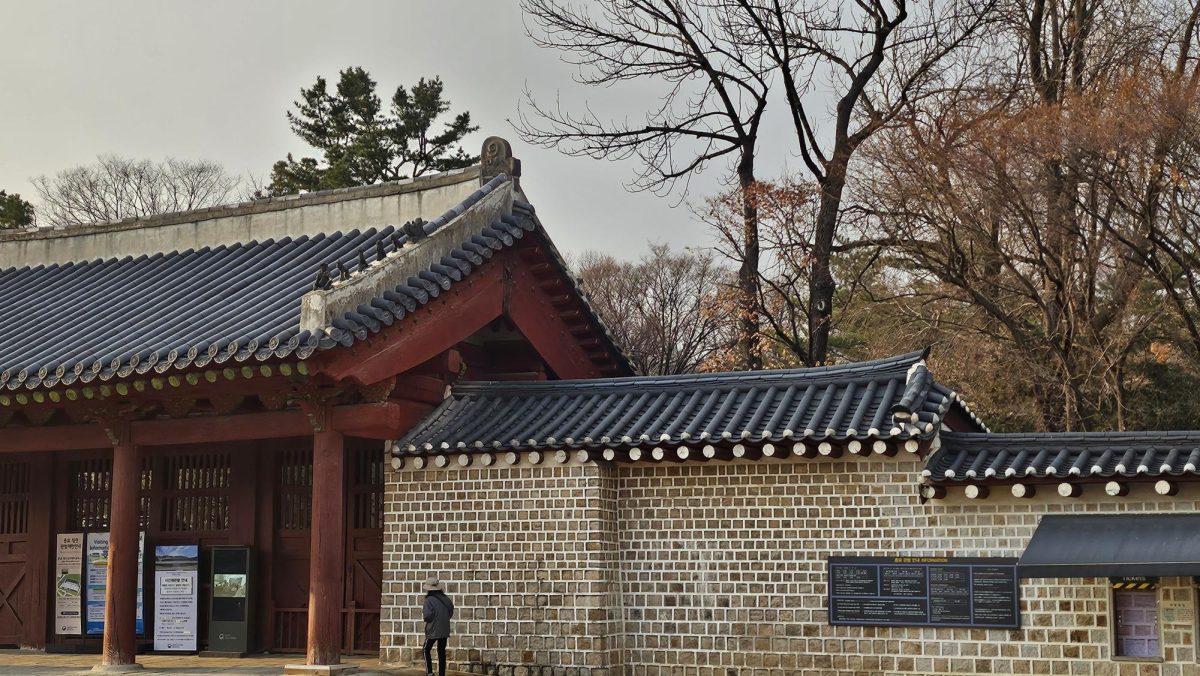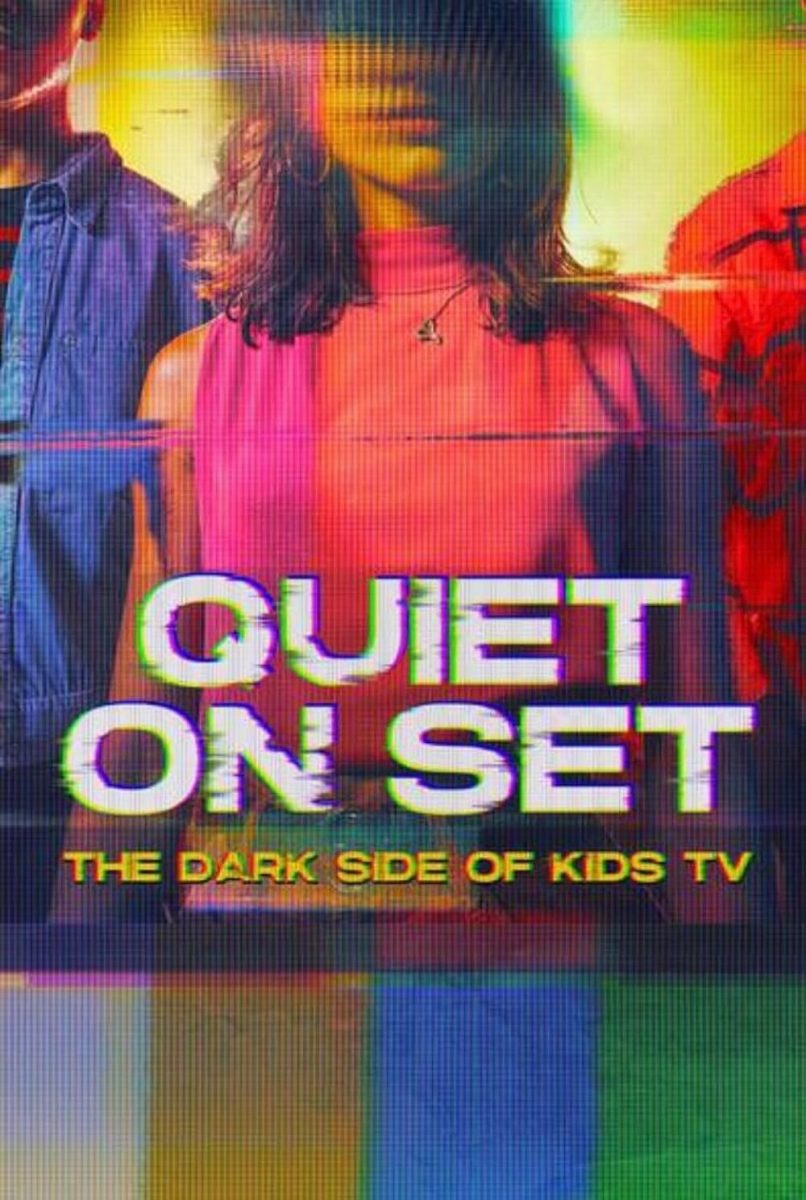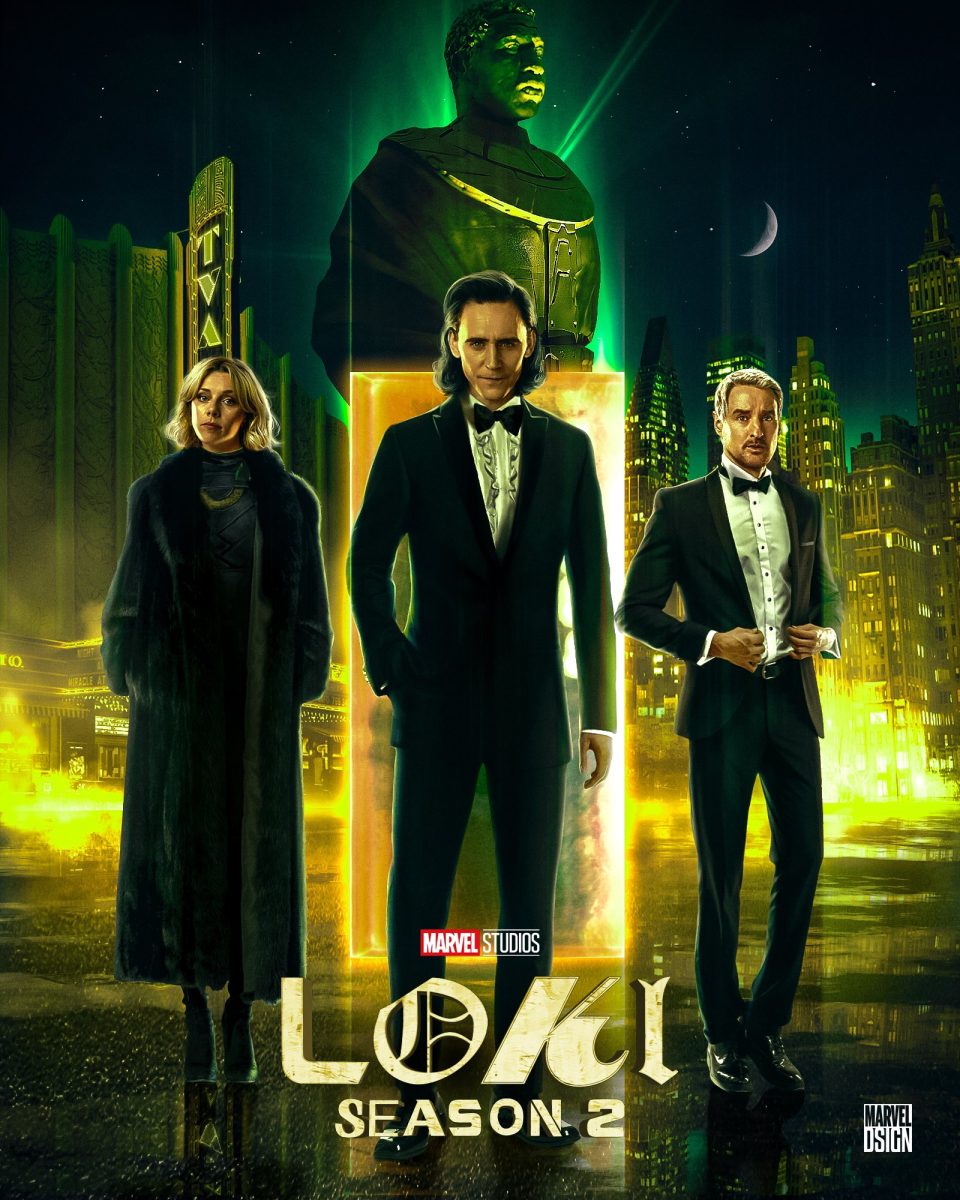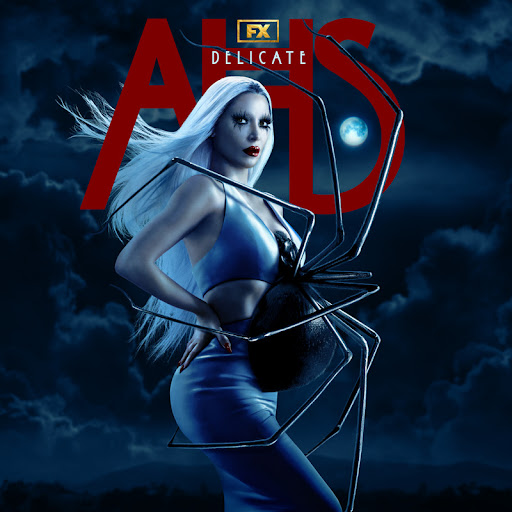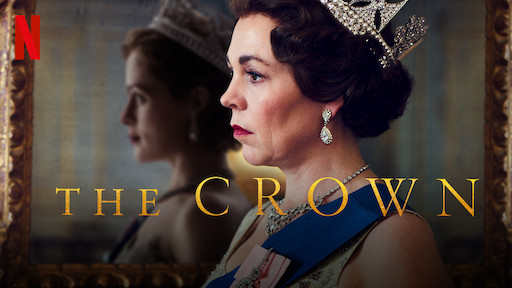
Netflix’s “The Crown” has been a historical drama hit. The series features the combined history of the royal family’s reign with elements of drama sprinkled in, making the series enticing for its 73 million household viewers worldwide.
Since the show first aired in 2016, there were never major discussions based on how close the historical accuracy of the series was. Fact-checkers and royal historians did not point out possible falsities in storylines within the first three seasons. In the past, Peter Morgan, the show’s creator, talked about the research that goes into making the show, alongside the balancing act of illustration and imagination.
In a discussion with the Royal Television Society, Morgan said, “We do our very, very best to get it right, but sometimes I have to conflate [incidents].” He added, “You sometimes have to forsake accuracy, but you must never forsake truth.”
The premiere of the show’s fourth season has made the royal family think otherwise. With an arc of the marriage of Prince Charles and Princess Diana, Netflix was asked to include a disclaimer on the series, making it clear to viewers that the story has been partly fictionalized.
“It’s a beautifully produced work of fiction, so as with other TV productions, Netflix should be very clear at the beginning it is just that,” Oliver Dowden, British culture secretary, said to the Daily Mail. “Without this, I fear a generation of viewers who did not live through these events may mistake fiction for fact.”
Netflix rejected the idea of issuing a disclaimer. In a statement to Deadline, the streaming service said they have no plans to issue a warning that the show is a drama, mainly because that has always been made clear.
“We have always presented ‘The Crown’ as a drama — and we have every confidence our members understand it’s a work of fiction that’s broadly based on historical events,” the statement read. “As a result we have no plans — and see no need — to add a disclaimer.”
The actors from “The Crown” have also shared their thoughts on the request of a content advisory. Josh O’Connor, who plays Prince Charles, called the desire for a disclaimer “outrageous.”
O’Connor told the Los Angeles Times during an interview for “The Envelope: Podcast” that Dowden’s request was a “low blow” to the arts. He also emphasized the trust he feels towards the viewers, believing that they are fully aware of the fictionalization of the show.
“My personal view is that audiences understand,” he said. “You have to show them the respect and understand that they’re intelligent enough to see it for what it is, which is pure fiction.”
Emma Corrin, who played Princess Diana in the fourth season, also defended “The Crown’s” creative license to have made up aspects.
“I think for everyone in “The Crown” we always try and remind everyone that what we are, the series that we’re in, is fictionalized to a great extent,” Corrin said on the “Tamron Hall Show” in November. “Obviously, it has its roots in reality and in some fact but Peter Morgan’s scripts are works of fiction.”
The perspective of American viewers on the show’s depiction is just as important. For American audiences across the Atlantic, this series has been a way to get familiar with defining moments of British history. However, the reliance on Morgan’s portrayal can render as problematic because the cast and crew insist that fictional elements are heavily incorporated into this season.
In an interview for the British TV show, “Love your Weekend with Alan Titchmarch,” Princess Diana’s brother Charles Spencer expressed his unease over season four, with Diana having such a prominent role.
The series, Spencer said, has led some people — Americans in particular — to consume and comprehend the show as pure fact.
“I find Americans tell me they have watched “The Crown” as if they have taken a history lesson. Well, they haven’t,” he said. “There is a lot of conjecture and a lot of invention, isn’t there? You can hang it on fact but the bits in between are not fact.”
This year, Charles Spencer also demanded that the BBC look into the methods that journalist Martin Bashir used to land the 1995 interview with Princess Diana, where she recounted the details of her marriage to Prince Charles and his affair.
A new documentary titled, “The Diana Interview: Revenge of a Princess,” revealed that Bashir hired a graphic designer to falsify documents, including bank statements in order to convince Spencer that Diana was being spied on and earn her trust to secure an interview. Twenty-five years later, Spencer ordered an apology from the network and a new investigation be launched on Bashir’s practices.
Princess Diana’s stories continue to fascinate people, even decades after her death. This proves how much of a staple she is in British history, which is what made the show’s fourth season all that more controversial.
The earlier seasons of the show follow the reign of Queen Elizabeth and were never met with doubts on likeness to actual events. But it was the fourth season that has stirred up the most drama, whether it was the depiction of the tumultuous marriage of Charles and Diana and his affair with Camilla Parker-Bowles, or Gillian Anderson’s portrayal of Conservative Prime Minister Margaret Thatcher.
This series is not a documentary. The people who write and act in the show have made it clear that there should not be an expectation of 100% accuracy. Stepping into the body of historical figures in a specific time period, however, has allowed for people who are either knowledgeable of the time or have lived through it, be skeptical of how others may interpret it.
The several scenes of Charles yelling at Diana or the thick-tensioned, possibly exaggerated moments between the queen and Thatcher, were seen as heightened, dramatized, blown-out-of-proportion moments taken from events of their history — or flat out fabrication.
Peter Morgan defended his use of fabrication of some scenes. He appeared on the show’s official podcast to talk about a scene in the first episode, where Prince Charles’ great uncle, Lord Mountbatten, wrote a letter saying Charles brought “ruin and disappointment” to the family due to Charles’ involvement with Camilla, where he wrote that Charles must marry a “well-tempered girl.”
Morgan described both the scene and the letter as “made up” and only based upon what he perceives the relationship of the two were like.
“I think everything that’s in that letter which Mountbatten writes to Charles is what I really believe, based on everything I’ve read and people I’ve spoken to, that represents his view,” he said. “We will never know if it was put into a letter, and we will never know if Charles got that letter before or after Mountbatten’s death, but in this particular drama, this is how I decided to deal with it.”
As the show moves closer to the royal figures of today, the struggle remains in how “The Crown” will best depict people who are currently alive, as they are able to defend themselves if there is a misstep in the show’s dramatization.











